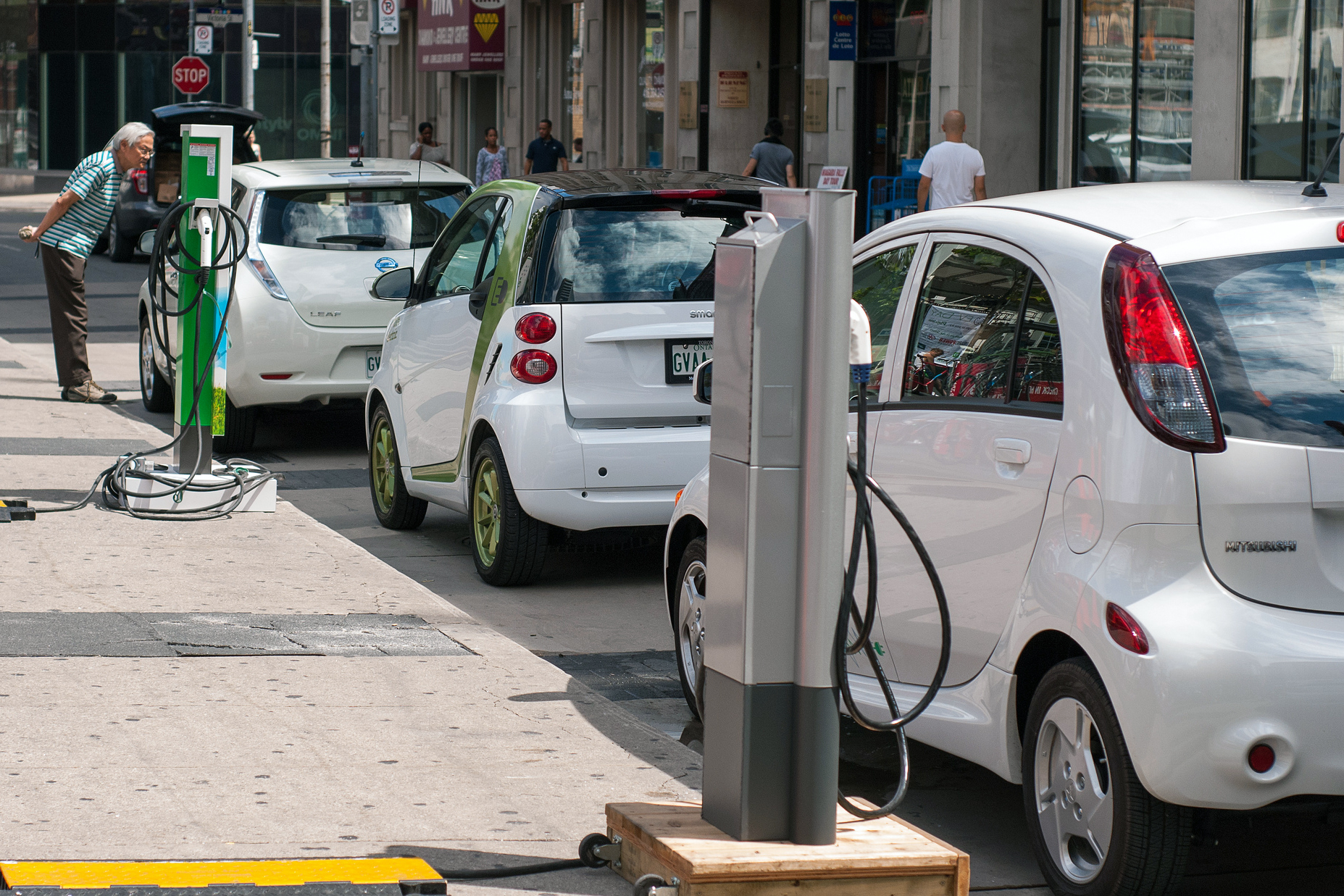 The road to success for electric cars has always been plagued by various problems, such as limited range, the lack of charging stations and the upfront price premium that makes them much more expensive than comparable gasoline-powered vehicles. Now, a new study shows that in addition to these obstacles, ignorance and image problems are the biggest factors standing in the way of electric cars.
The road to success for electric cars has always been plagued by various problems, such as limited range, the lack of charging stations and the upfront price premium that makes them much more expensive than comparable gasoline-powered vehicles. Now, a new study shows that in addition to these obstacles, ignorance and image problems are the biggest factors standing in the way of electric cars.
German car maker Daimler has completed its eMERGE electric vehicle project, that tested a fleet of electric cars in real-world conditions over the past two years, which yielded some very interesting findings that could help the auto industry overcome the challenges that are slowing down their adoption. The parent company of Mercedes-Benz has announced that it has finished a two-year real-world trial of a fleet of 146 Smart Fortwo Electric Drive cars that have traveled a total of 620,000 miles while being driven by private and business customers in Berlin, Potsdam and North Rhine-Westphalia.
One of the main goals of the eMERGE project was to gather information on consumer behavior and public perception of electric vehicles. In addition to this, researchers wanted to collect driving and charging data, including charging time and frequency, which would be used for further development of electric car battery and charging technologies. Daimler says that the best range per one charge was 100 miles, and that the lowest energy consumption was recorded by a vehicle that used just 10.4 kWh/100 km.
“The participants in the eMERGE research project have made a key contribution to the mobility of the future. With their assistance, we have scientifically investigated the real-world customer use of electric cars and thereby obtained valuable data to help us develop future electric cars”, says Harald Kröger, Head of Development Electrics/Electronics & E-Drive Mercedes-Benz Cars.
Probably the most significant finding from this study is the one that suggests that the amount of knowledge consumers have about electric vehicle technology is closely related to their attitude towards electric cars. Researchers interviewed all participants in the study and found that “the less an interviewee knew about electric mobility, the more negative was his or her opinion on electromobility.”
Also, drivers were largely unaware of the potential long-term savings that electric cars offer, and most of them said that purchase price plays a key role in their decision in favor of or against an electric car. Finally, the study showed that having access to a public charging infrastructure affects consumer decision to buy an electric car very positively.
“Increasingly low-cost battery systems will enable us to offer our customers ever more attractive prices in future. However, we also advocate an attractive system of incentives capable of giving a quick boost to electric mobility. Daimler already offers the world’s most diverse fleet of electric and hybrid vehicles and is continuing to invest heavily in the development of alternative drive systems,” adds Kröger.
The main takeaway from this study is that authorities should increase efforts for educating the public on electric drive technology and invest in an expansion of publicly available charging stations in order to accelerate the adoption of electric vehicles.